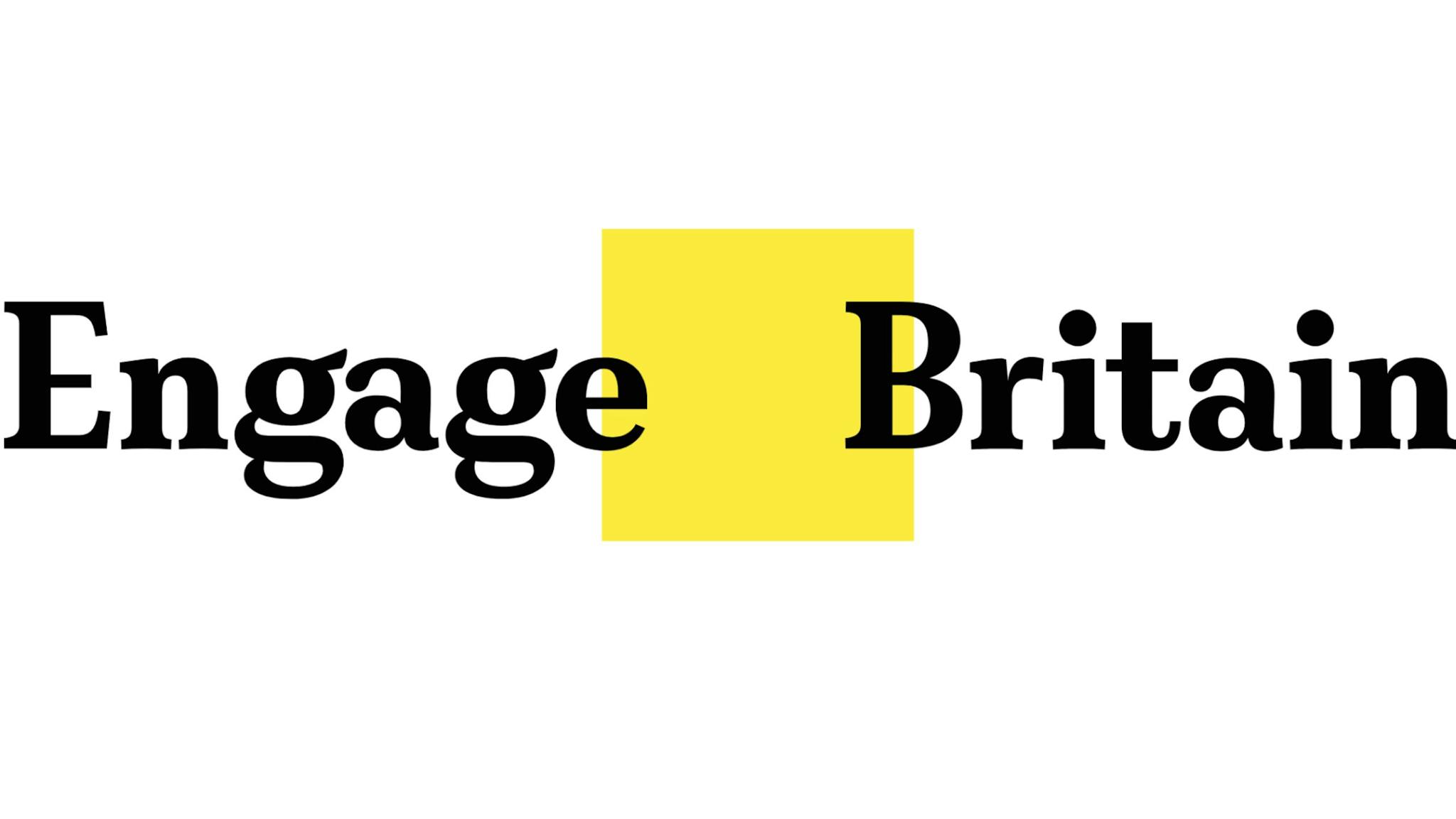A BADGE THAT HELPS - AND SAYS 'THANK YOU'

Engage Britain is an independent charity that brings people together to tackle our country's biggest challenges and support the vital changes people across Britain believe in. So we were delighted to invite Francis Elliott, Director of External Affairs at Engage Britain, to write a guest blog about the charity's work in the health and care sector.
It's a scene that's played out all around the country every day: a care worker arrives at the home of someone they support late and stressed because they have been unable to park nearby.
But when national politicians and civil servants looked at what they call the 'social care system' from Whitehall they didn't see or stop to think about this aggravation.
They didn't see the unpaid extra hours most care workers will put in each week to make up for the lost time they spend hunting for parking spaces - or how having to pay for parking makes what is already a very low wage, lower yet.
It took a group of care workers, people who draw on care, providers and others to identify both the issue - and a brilliant low-cost solution. A Green Badge, similar to a Blue Badge, would exempt on-duty care workers from residential car parking restrictions and charges.
A national scheme that allows them to park for free outside the homes of those they support would be a small but important step in fixing a fractured system. It delivers both a practical benefit at a modest cost and - crucially - provides an outward show of society's estimation. Raising the status of care workers is critical if we are to start filling huge staff vacancies. Many tell us how hurtful they find the lack of understanding of what they do.
The moment the Green Badge idea crystallised was a brilliant example of the power of bringing together people with direct, and different but complementary experiences on the frontline of a policy failure.
A care commissioner talked about the problem during one of the sessions to hash out an agreed set of problems and solutions to fix the social care staffing crisisarranged by Engage Britain, a charity dedicated to changing politics by putting people at the heart of policy-making.
Others in the group of care workers, people who draw on care, and providers chipped in. How should it work? What restrictions should apply? How would it impact local authorities?
They recalled Matt Hancock's pin badge for care workers, widely pilloried for being an empty gesture, back when we were all clapping for carers. Wouldn't it be good, they said, if a Green Badge was actually useful?
No one for a moment is suggesting that a parking pass is going to solve the crisis alone. Aligning pay scales with the NHS, and providing clear national career progression routes, for example, are far more important. The group came up with solutions to these big problems - as well as coming up with smaller ideas like making it easier for youngsters on schemes like the Duke of Edinburgh Award to experience care settings to widen the pool of those with a vocation to care.
Engage Britain is in the process of convincing the current government to introduce the scheme and the Labour Party has already voiced its support - no doubt mindful of the overwhelmingly positive public response. When we asked the public what they thought, 81 per cent supported the Green Badge. The badge is popular, in fact, with voters across all the major parties. It suggests there's nothing to stop governments in England, Scotland, Wales and Northern Ireland from adopting it.*
People can see the double value of providing both practical help and a chance for society to say a 'thank-you' to care workers. So if you'd rather do something more meaningful than wear a lapel badge or clap for carers please tell your MP to get behind the Green Badge.
*Polling: Public opinion polling conducted by Opinium Research for Engage Britain 20th December 2022 - 5th January 2023, with a sample of 2,100 GB adults, using standard UK political weighting.